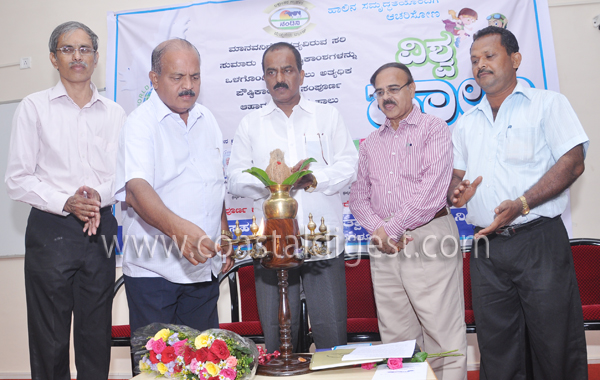
Mangalore, June 2: The Dakshina Kannada District Co-operative Milk Producers' Societies' Union Limited (DKMUL) has expressed concern at the disparity in the consumption and production of milk.
Speaking at a programme organized by DKMUL at its office here on Friday to mark World Milk Day DKMUL president Raviraj Hegde stressed on the need to increase milk production, which would ultimately benefit the farmers themselves. Another area of concern, he said, was the diminishing consumer interest in milk and its products.
“While the State boasts of surplus milk production, Dakshina Kannada does not and lags behind the rest of the State. Even though we have increased the production to nearly two lakh litres per day, around one lakh litres have to be brought from unions in other districts to meet the demand here,” said Mr Hegde.
“People have started replacing buttermilk with soft drinks. Not many people were aware of the health benefits of the different types of milk available,” said Mr. Hegde.
Elaborating on the decreasing milk consumption, Ravikumar Kakade, Executive Director, DKMUL, said in terms of per person consumption of milk, south India pales in comparison to north India.
“Here, the consumption was 240 ml per person, while in States of north India, it was more than 400 ml per person,” he said. He added that better marketing and packaging of milk and its products would reduce this gap.
A step towards achieving this was the development of “Nandini Mango lassi”. Made from mango pulp and milk, officials of the Union said the product would be commercially available soon.
The day began with the distribution of milk to orphanages Bhagini Samaj, Jeppu, Little Sisters of the Poor, Nanthoor, and Mangala Jyothi Integrated School, Vamanjoor.
On the occasion, a booklet listing numerous Nandini products, as well as their nutritional benefits was released. Dealers and distributors of milk products were awarded for high sales while those who had won gold and silver coins in the lucky draw organised for consumers of Nandini sweets were felicitated.

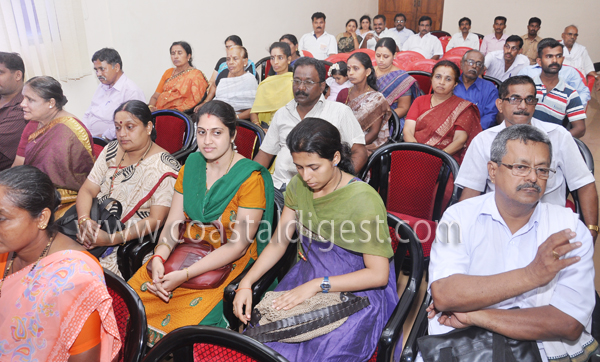

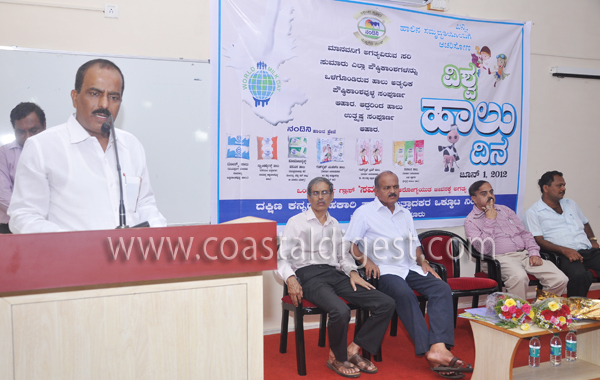
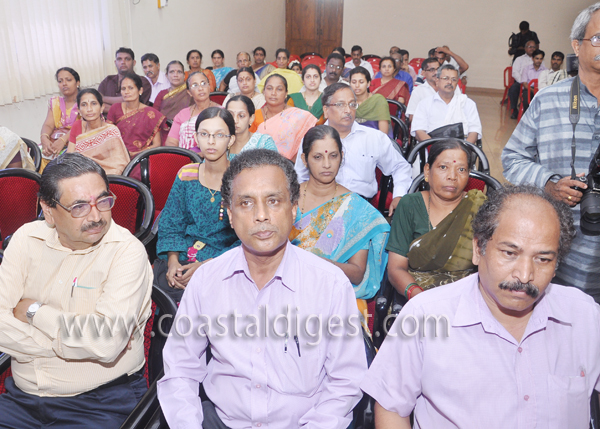
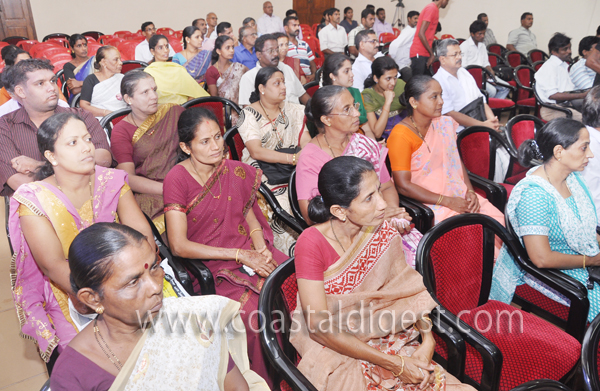





Comments
Add new comment